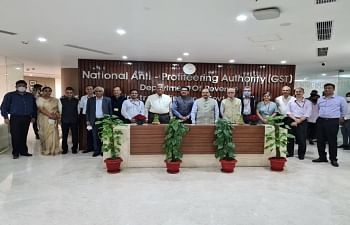Jain considers this as a positive development on multiple counts.
“CCI is manned by economists and other experts who are better equipped to examine allegations against suppliers that have not passed on input tax credit benefit. More critically, passing on ITC benefit is not a legal issue,” Jain told BQ Prime.
It requires appreciation of a long list of economic, finance, tax, cost, and other variables, which will be better managed by the CCI, he said.
According to Abhishek A Rastogi, founder of Rastogi Chambers, while the move was based on the recommendation of various states, it would be interesting to see whether CCI provides a methodology for diverse sectors before progressing into a quantum of profiteering.
As the CCI takes on the adjudicating powers from the NAA, a chief concern will be revisiting the existing methodology, which is currently being challenged in court on grounds of clarity in the anti-profiteering law.
The anti-profiteering laws lack clear definitions of “profit” and “profiteering” as well as the method of computation, according to the legal experts.
“The fundamental issue of what would constitute “commensurate reduction in price” and various methods employed by companies like increasing grammage, practicing zeroing, etc., shall continue to be disputed before various high courts,” said SR Patnaik, partner and head of taxation at Cyril Amarchand Mangaldas.
As a next step, all companies planning to change the pricing of their products will need to remain cautious regarding the timing and the actual price change, as the manner of computation for anti-profiteering continues to remain ambiguous and without a sunset clause for the same, he said.
The NAA was set up to ensure the benefit of input tax credit is passed with the intent to provide relief in the transitional period, Rastogi said.
“The extension of the anti-profiteering provisions beyond five years will have to test the waters of constitutionality at some stage, as the intent was to provide the anti-profiteering relief only for the transitional phase,” he said.
The chairman of the NAA took charge in November 2017. Two years later, in 2019, the charge was extended until 2021 before a final extension was given until Nov. 30, 2022.
CCI will now adjudicate on the matter from Dec. 1, 2022.
